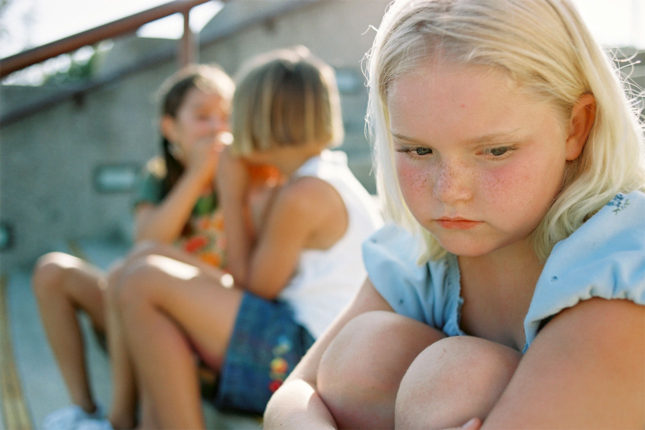
The Development of Moods and Emotions study is a continuation of the Preschool Children’s Moods and Emotions study, also known as the Preschool Depression Study (PDS). This study tries to help doctors and other clinicians learn the difference between children with normal difficulties with their moods, emotions and behaviors and children experiencing more serious emotional trouble that warrants professional help. The Moods and Emotions study follows the children who were previously recruited in the preschool study when they were 3-6 years old through ages 7-12. The study compiles data from child report and observation as well as parent and teacher report of children’s emotions and behaviors.
We are not currently scheduling for our next wave of this study; however if you missed a previous wave of the study, you may still be eligible to participate! If you have not been contacted, feel free to contact us at (314) 286-0965 or email us at tperryman@wustl.edu. Otherwise, a research assistant will contact you shortly.
This study builds upon the information obtained in the original preschool study, the EEDP’s largest study to date, and one of the largest and longest ever conducted providing convincing evidence of a depressive syndrome in children as young as 3. This phase of the study explores the later childhood outcomes of having emotional problems as a preschooler. Additionally, the study explores whether preschool onset depressive symptoms continue, happen periodically or cease over time, and the factors associated with the onset of preschool and later childhood and adolescent depression and its course.. The Validation and School-Age follow-up studies conducted by Dr. Joan Luby seek not only to fill this knowledge gap, but to learn how to identify depression at its earliest onset so that earlier therapeutic interventions, which may have more powerful effects, can be developed and implemented with young children.
For more information, please see the frequently asked questions about this study »